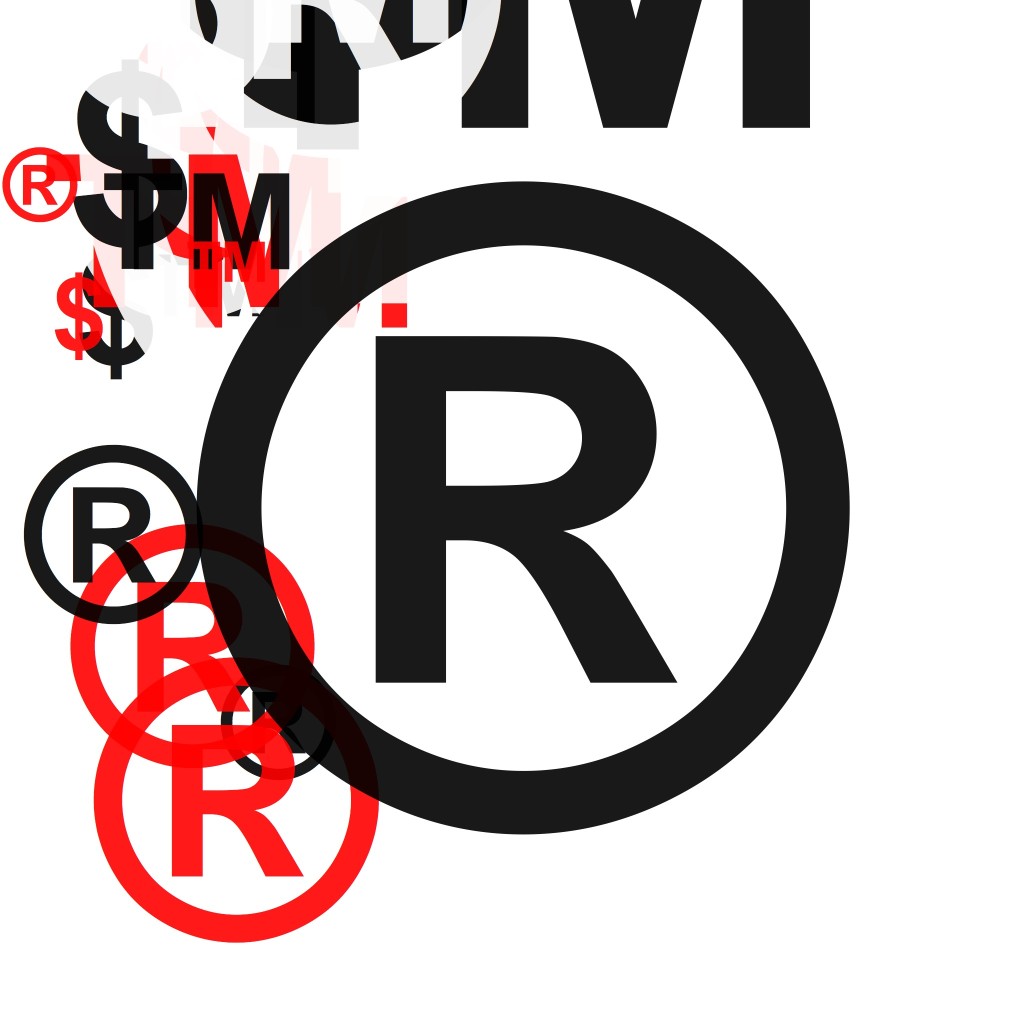
BingAds has just published a nice introduction on how you can properly use trademarked and copyrighted terms and information in your online advertising. The post goes over some detailed examples of how you can and cannot use these types of things so that you can have the best overall experience, without crossing any legal lines in the sand.
The first thing to think about is why you would want to use these types of terms in your digital advertising strategy. There are two main places where this occurs. First, you may want to have your ad displayed when someone searches for a brand name that you are competing with. For example, if you sell athletic shoes, you may want your ad displayed when someone types in “Nike Running Shoes.” Even though you don’t own Nike, or even have anything to do with them other than selling the shoes.
The other way people use these types of terms is in the ad copy itself. For example, you might have an ad that says, “Best Prices on Nike Cross Trainers” or something similar. Now, in both of the examples given, it is perfectly acceptable to use these terms in this way, but that is not always the case. Let’s look at each area individually.
Trademarked Keywords
In almost all cases you can use a trademarked or copyrighted term as one of the keywords that you want your advertisement to be displayed in. There are a very few exceptions to this, but almost no marketers will run into these types of issues. If you feel you have an extraordinary situation when it comes to copyrighted keywords, you can go over it in the Bing Advertising guidelines (or the guidelines for whatever ad network you are using).
The bottom line with using these types of keywords is often a great way to attract new customers who may be familiar with the type of product or service you offer, but are not yet familiar with your specific brand.
Trademarked Words in Ad Copy
When using trademarked or copyrighted words or phrases in your actual ad copy, however, there are many more limitations that will be in place. As mentioned above, you can freely use it if you are selling their product (legally). You can also use these terms if you are an informational site that is providing things like product reviews or other details about the product. You can even using it when comparing to products using independently gathered data.
If, on the other hand, you are using the keyword to give the false impression that you are selling that product, it will not be allowed. So, for example, if you are a company that only sells Adidas shoes, you can’t use the word Nike in the sales copy in a way that would lead people to believe you are selling that brand. Here are a few examples of approved and disapproved advertisements from Bing:
As you can see, it is important to make sure you take the time to plan out your ad copy properly so that you don’t run into any issues. Bing (and the other search engines) typically catch any invalid use of copyrighted or trademarked terms before the ad even goes live. Even if it does make it through their automatic checks, the ad could be pulled down at any time, which can be quite inconvenient.
While this set of guidelines is specific to Bing, Google AdWords and virtually all other ad programs will have similar policies in place so this is excellent information to take to heart whenever planning a new digital ad campaign.


Leave a Reply